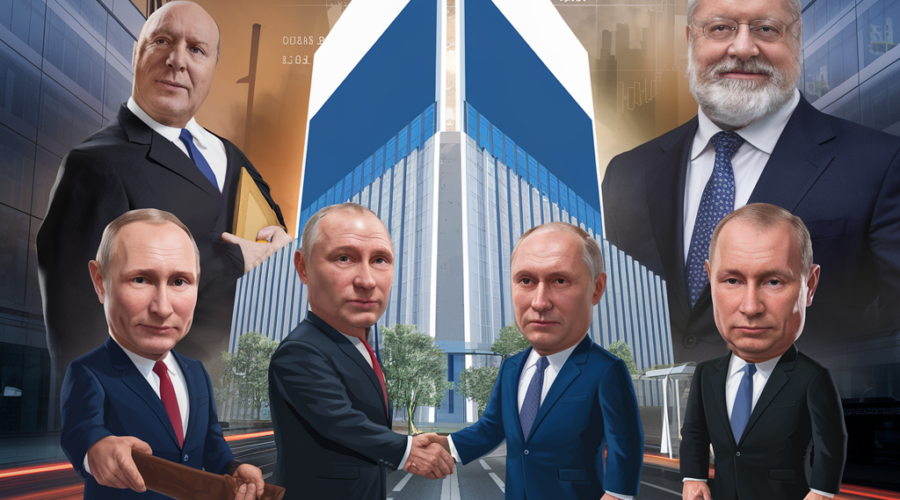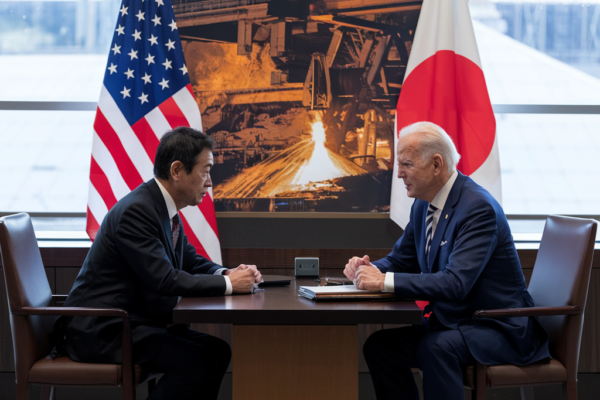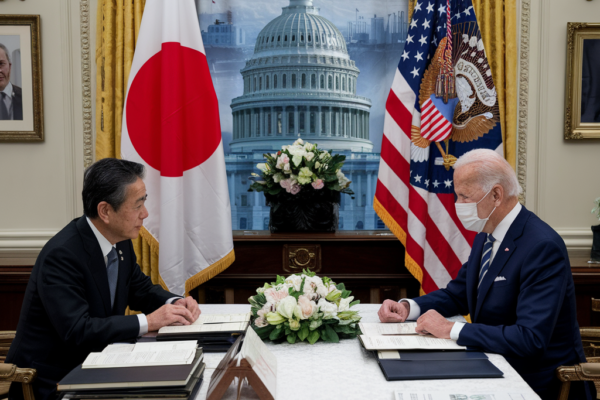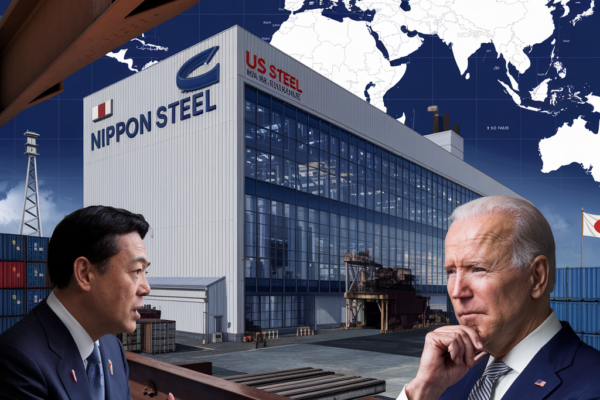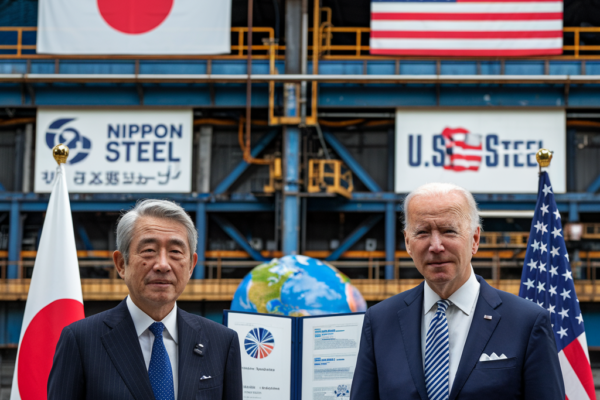- Mega Merger Implications: Russia’s potential merger of Rosneft (ROSN.ME), Gazprom Neft, and Lukoil (LKOH.ME) aims to create an oil behemoth rivaling Saudi Aramco (ARMCO), tripling Exxon Mobil’s (XOM) output.
- Strategic Objectives: Achieve market dominance, secure higher oil export prices in India and China, enhance operational efficiencies, and reduce costs to boost global competitiveness.
- Industry Context: Declining oil demand due to renewable energy transition and Western sanctions on Russian exports necessitate strategic consolidation for revenue stability.
- Historical Precedents: Previous mergers like Rosneft-TNK-BP (2013) and ExxonMobil-Mobil (1999) reshaped industry landscapes, enabling cost savings and bargaining power.
- Operational Synergies: Consolidation could eliminate redundancies, streamline operations, and allocate resources more efficiently, potentially boosting profitability and bargaining power.
- Regulatory Challenges: Antitrust scrutiny, state control over strategic sectors, and geopolitical strategies may pose regulatory hurdles for the proposed merger.
- Competitive Landscape Shift: A concentrated Russian oil market could reduce competition, impact OPEC+ dynamics, and influence global production and pricing strategies.
- Market Reactions: Analysts are divided on the merger’s feasibility and challenges, with potential oil price fluctuations and investment flow impacts.
- Future Outlook: Successful integration could benefit the Russian economy through cost savings and market presence, while failure could fragment the market and reduce competitiveness.
- Energy Transition Impact: A stronger Russian oil giant could influence alternative energy investment patterns as it seeks to maintain market share amid the global energy transition.
Russia’s Oil Titan: Merger Aims to Dominate Global Market
